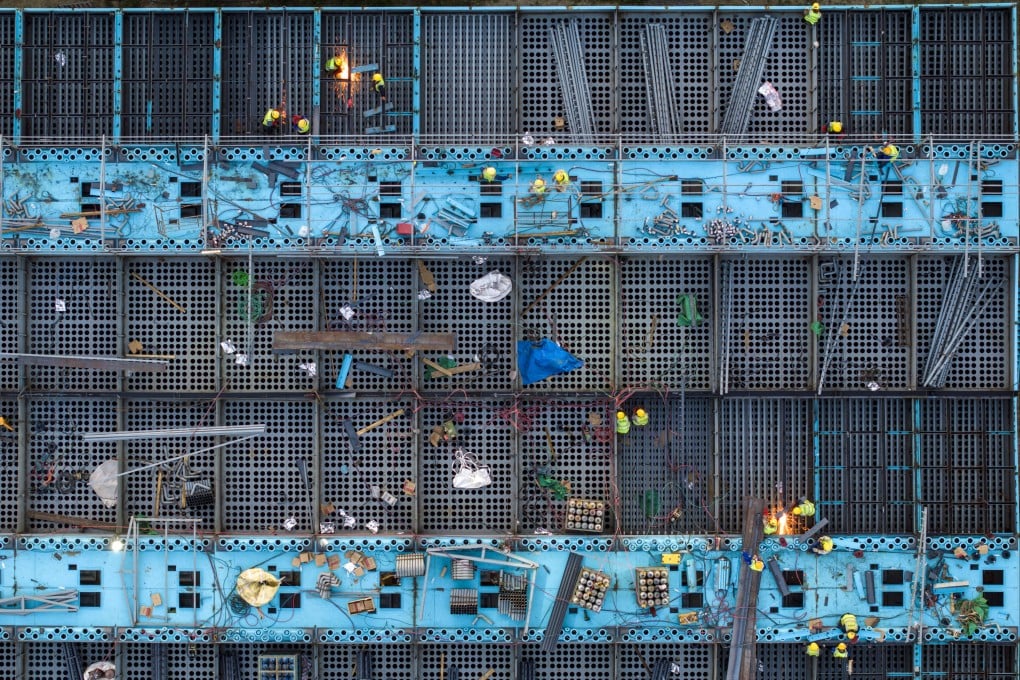Climate change: new study shows green steel adoption should focus on buildings and cars
- A switch to green steel use in construction and automobiles costs less as the extra cost is small relative to the cost of a flat or a car, a report released on Thursday said

Global governments must incentivise low-carbon steel production and consumption, while construction, automotive and shipping firms should partner with climate-conscious clients to jointly pay for the higher cost of green hydrogen-produced steel which will help shrink the carbon footprint of the metal, according to a new report.
Such partnerships should particularly be pursued in the construction and automobile sectors, because the price premium of green hydrogen-produced steel over fossil fuel-based steel is small relative to the cost of a flat or a car, said a report jointly produced by think tanks Transition Asia and Solutions for Our Climate and consultancy Global Efficiency Intelligence.
“There is a need for both green government procurement and green private procurement to send a strong signal to the steel industry that there is demand for low-carbon steel and a large consumer [base] willing to pay this small initial green premium,” Ali Hasanbeigi, CEO and research director at Global Efficiency Intelligence and lead author of the report told the Post in written comments.
In China’s construction sector, using green hydrogen, scrap-based steel would result in an additional US$225 per tonne of steel cost, or just US$563 for a 50 square metre flat, indicating the green steel premium is tiny relative to the price of a flat, the report said. The calculation was based on 50kg of steel usage per sq m and US$5 per kg of green hydrogen price.
The construction industry accounts for just over half of global steel demand, it noted.
“Future reductions in hydrogen costs or the implementation of carbon [emissions] pricing could reduce or eliminate this green premium, potentially making green hydrogen scrap-based steel a cost-effective alternative for construction in China and other countries,” the report said. “Automotive and construction companies can integrate green steel into their procurement strategies to stimulate demand and help cover the green premium.”
In the automotive sector, the additional cost of using green hydrogen scrap-based steel amounts to less than one per cent of the average passenger car price of US$28,000 in Japan, the researchers said. The automotive industry contributes to around 12 per cent of steel demand globally.